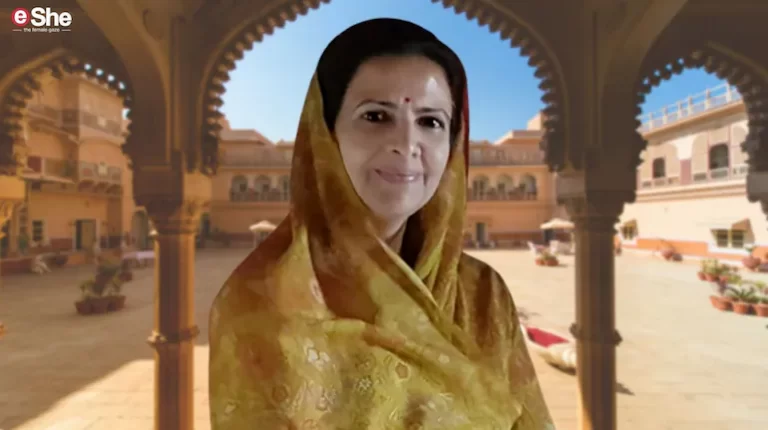
Sarita Kumar Sodha, director of Ghanerao Hotels, was born in Sindh and married into the Ghanerao royal family of Rajasthan.
By Pragya Narang
In addition to being a peace builder, philanthropist and the director of Ghanerao Hotels, Sarita Kumari Sodha is “Pakistan ki beti, aur India ki bahu” (daughter of Pakistan and daughter-in-law of India).
It is rare to be able to call two countries that are continually in conflict, “home”. But born into the royal family of Amarkot in Sindh, Pakistan, and now married into the royal family of Ghanerao in Rajasthan, India, Sodha does exactly that.
“There are many other women who are in a similar situation,” says the environmental evangelist from her home in Ghanerao. “I have lived 20 years of my life before marriage in Pakistan and after that in India, and I have loved ones on both sides of the Radcliffe Line, as you put it. The air one breathes is same, weather is nearly alike, and so is the cuisine. When I am here, I worry and think about the ones there, and when I am there, I am constantly thinking of loved ones here. It can be traumatic, sometimes. I can certainly say that these feelings qualify as finding home.”
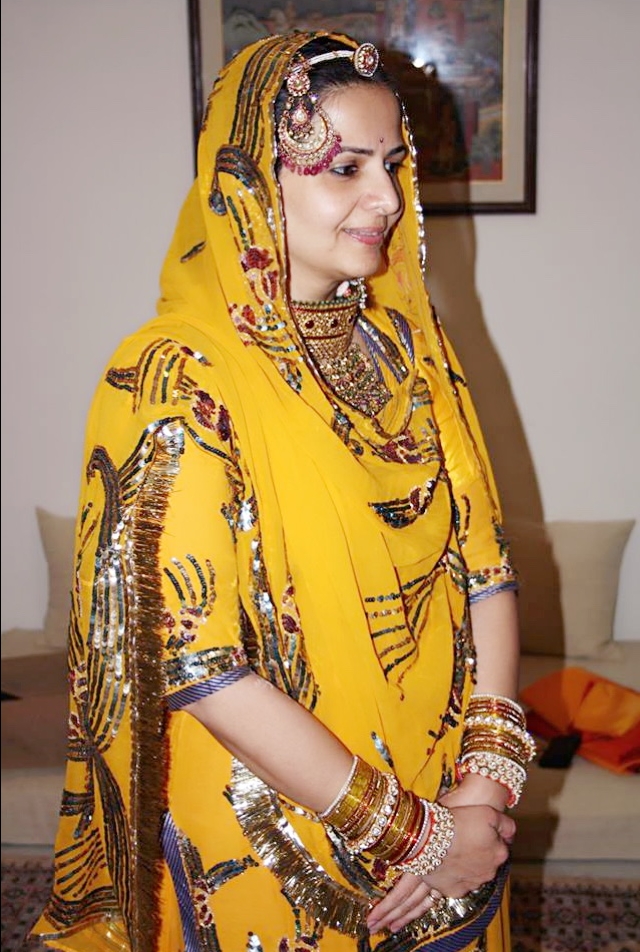
Ever since pre-Independence India was partitioned into two and later three nation states, women have borne the brunt of being separated and torn away from their families in the country of their birth when they are married into another.
Borders can only demarcate land but not the cultures, families and traditional systems that have lived and thrived on it since times of yore. Women continue to migrate after marriage, even though moving homes just a few miles now sometimes requires a change of citizenship.
It is certainly harder when those countries in question are hostile neighbors, and visa regimes put politics above people.
“The harsh rules and regulations of visas and the prolonged time it takes to attain citizenship are unsettling and devastating for brides and their families. Easing the visa formalities would make life easier for all of us, and I appeal to governments to make visas accessible online, as that would be the humane thing to do,” says Sodha.
“Sarhad is basically a line drawn between a piece of land and its people,” she quips about the Indo-Pak border, as she dwells on negative developments of the past few years on both sides.
“Misconceptions have mushroomed like never before. Our emotions and fears have been played upon, fed, and highlighted. That’s why I am so grateful that eShe has come up with a platform to voice our concerns, and enable us to talk about our similarities, rather than the differences.”
Indeed, there are several common cultural elements and practices between the Rajputs of India and Pakistan. Sodha narrates, “Sindh has served the center of the Rajput community in Pakistan since centuries. Being cut off from the other half of their population by the international border has made them quite conservative in their thought process and ideas, but we see the same possessiveness about race, gharana and religion on both sides.”
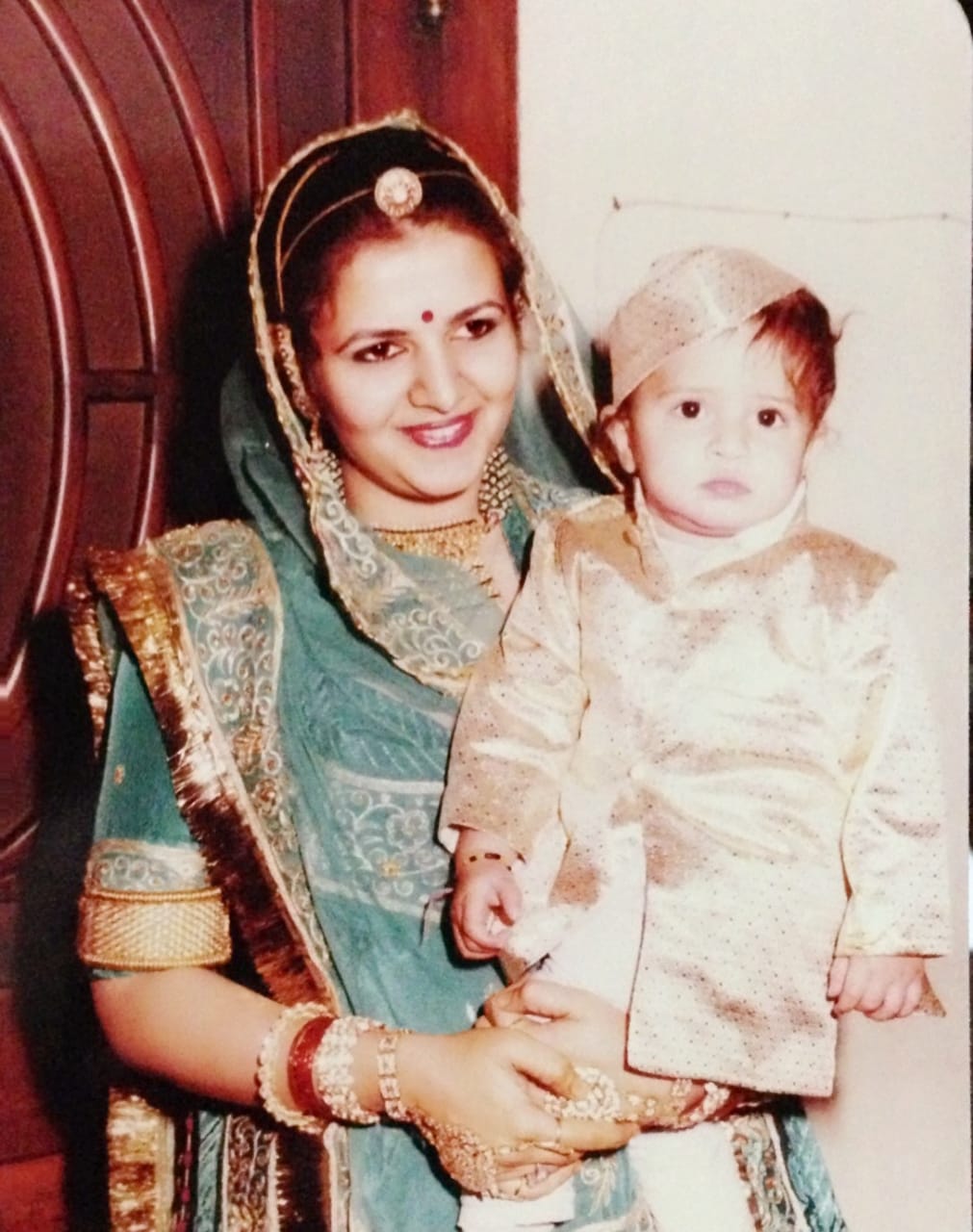
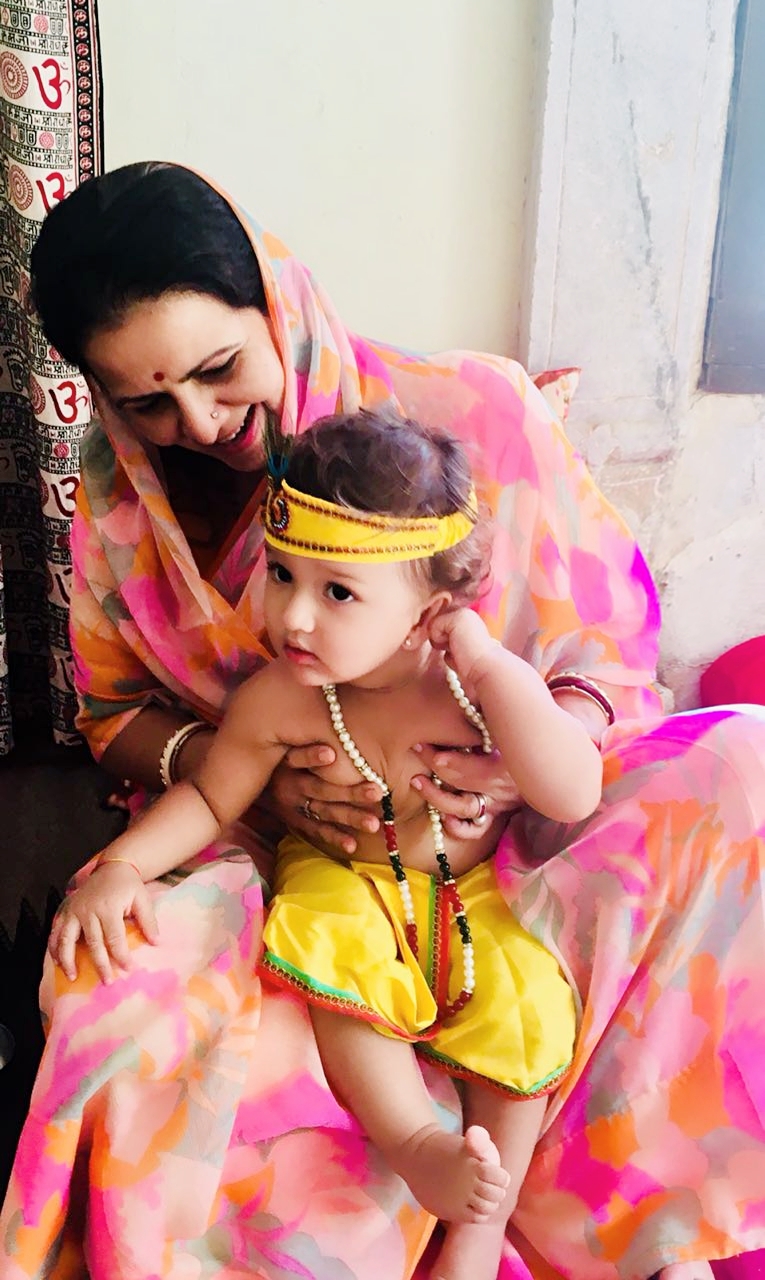
Similarly, she says, both also staunchly pass on family values and codes of honor inter-generationally, something Rajputs anywhere in the world adhere to. “Culturally too, the religious and marriage ceremonies are the same; women tend to dress in similar traditional attire, and what binds them further are the songs and dances of the region: we all enjoy our ghoomar!” she smiles.
While culture remains constant on both sides despite a political border, trade in the region has taken a huge hit over the past seven decades, and is reducing by the day due to visa restrictions. Artisans and crafts-persons who collaborated historically – inspiring one another and giving each other business in this artistically vibrant region – have no access to each other anymore.
This not only takes a toll on a lively artisanal heritage, but also on the livelihoods of the people of the region. “The people on both sides of the border are in dire need of attention and development. Sindh was always the traditional trading corridor and the potential for economic prosperity is sky high if only given the opportunity,” avers Sodha.
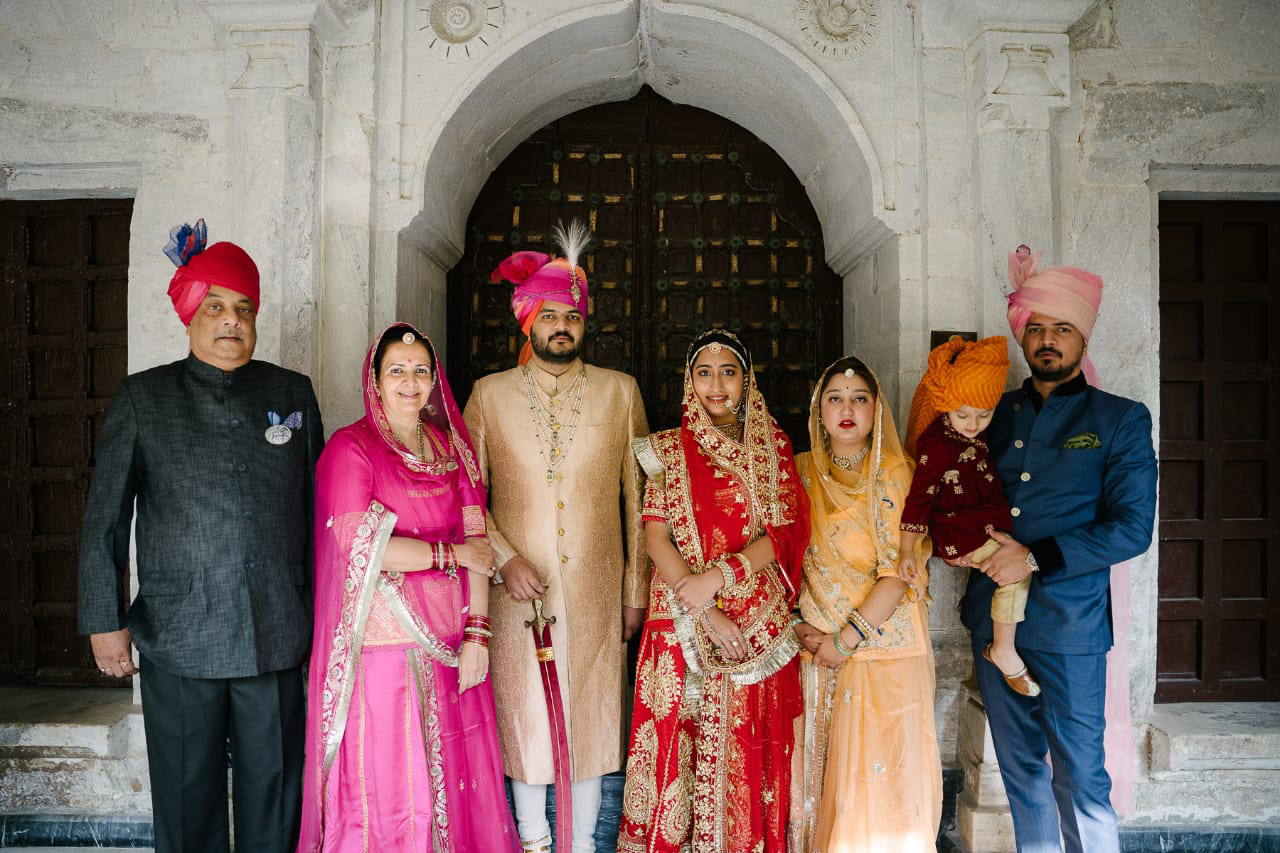
Sodha refers to her uncle-in-law, the late political leader Jaswant Singh, who she says understood this and tried to address it while he was the external affairs minister of India. “He reintroduced the Thar train route to make it easy for people to travel and trade. He knew it would have brought tremendous benefits to the people, and helped to improve livelihoods on both sides.”
Sodha envisions a world where not just trade but cross-border tourism thrives too, and she sees women playing a lead role in this: “While any sort of progress is welcome, tourism is a fantastic way forward to open one’s home and heart. It is no secret that women love feeding and find joy in the comfort of others. Since no one ever forgets or undermines the soft power of hospitality, we end up forging lifelong relationships when we share a morsel across a table.”
People-to-people interconnection is at core of any stable and sustainable international relationship, says Sodha. “By bringing it to the table, literally, women make effortless ambassadors of peace.”
Besides leisure tourism, she adds, “Even if religious and medical tourism were allowed to flourish, we would see another level of development.” Sodha will be speaking at South Asia Union Summit Led by Women on October 2 at a panel titled ‘Open for Business: Peace, Economic Growth and Regional Prosperity’.
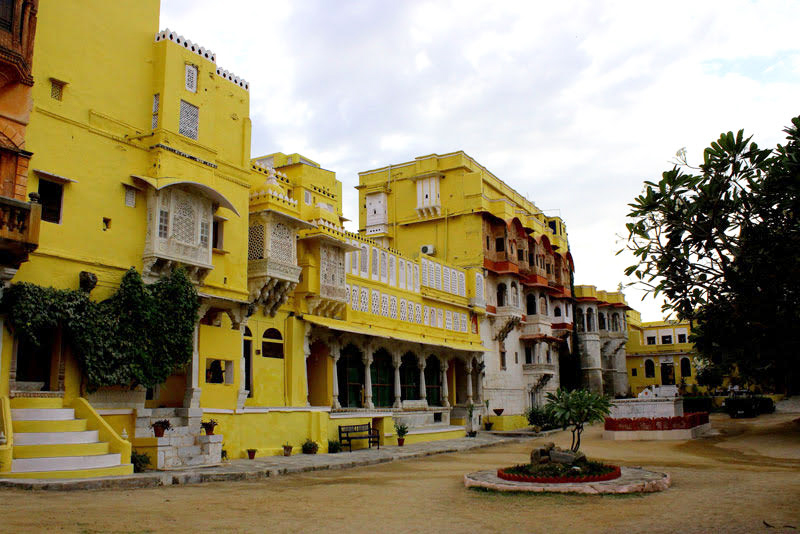
Rather than having to choose sides between her the two countries she calls home, Sodha wishes she could find a way to bridge the divide. “I am what I am owing to my upbringing in Pakistan; it is the land and its people that have formed me, my entire being and identity,” she says.
She goes on, nostalgically, “There are things about my birthplace I crave to share with all Indians: the beauty of sunset in the Thar, the cool breeze in the nights, the sight of beautiful crafts of the desert women who add colors in their lives by filling clothes with meticulous embroidery – colors of bright green parrots and red roses, which sadly they might have never seen.”
“I would love to show off the mighty Indus river, which was such a highlight for me as a child, as I would throw a coin into it to make wishes, seeking permission to cross; the beautiful beaches of Karachi; the celebrations and festivities of Chand Raat [night before Eid], buying glass bangles and dupattas… I long for Indians to see the pristine beauty of North Pakistan’s valleys and enjoy the fruits there; and above all, witness the love of my friends and the hospitality even strangers show.”
Similarly, she says there are aspects of India that she believes Pakistanis are poorer by not experiencing: “The historical sites of my adopted country stand tall, whispering tales of history and heritage in every heartbeat; the diversity of this land and its culture, the mouth-watering cuisine of all the different states of India – you can eat a new dish every day for a year in every meal, and yet not run out of them! And of course, I love the jewelry, the beautiful hand-woven materials, and the variety of crafts available in India.”
But most of all, Sodha says, “I really want them to visit my home, meet my family, my friends, and play with my grandson Zorawar, who is four and has no idea where Pakistan is, and what it means to his grandmother.”
__________________
Courtesy: eShe (Published on September 16, 2021)